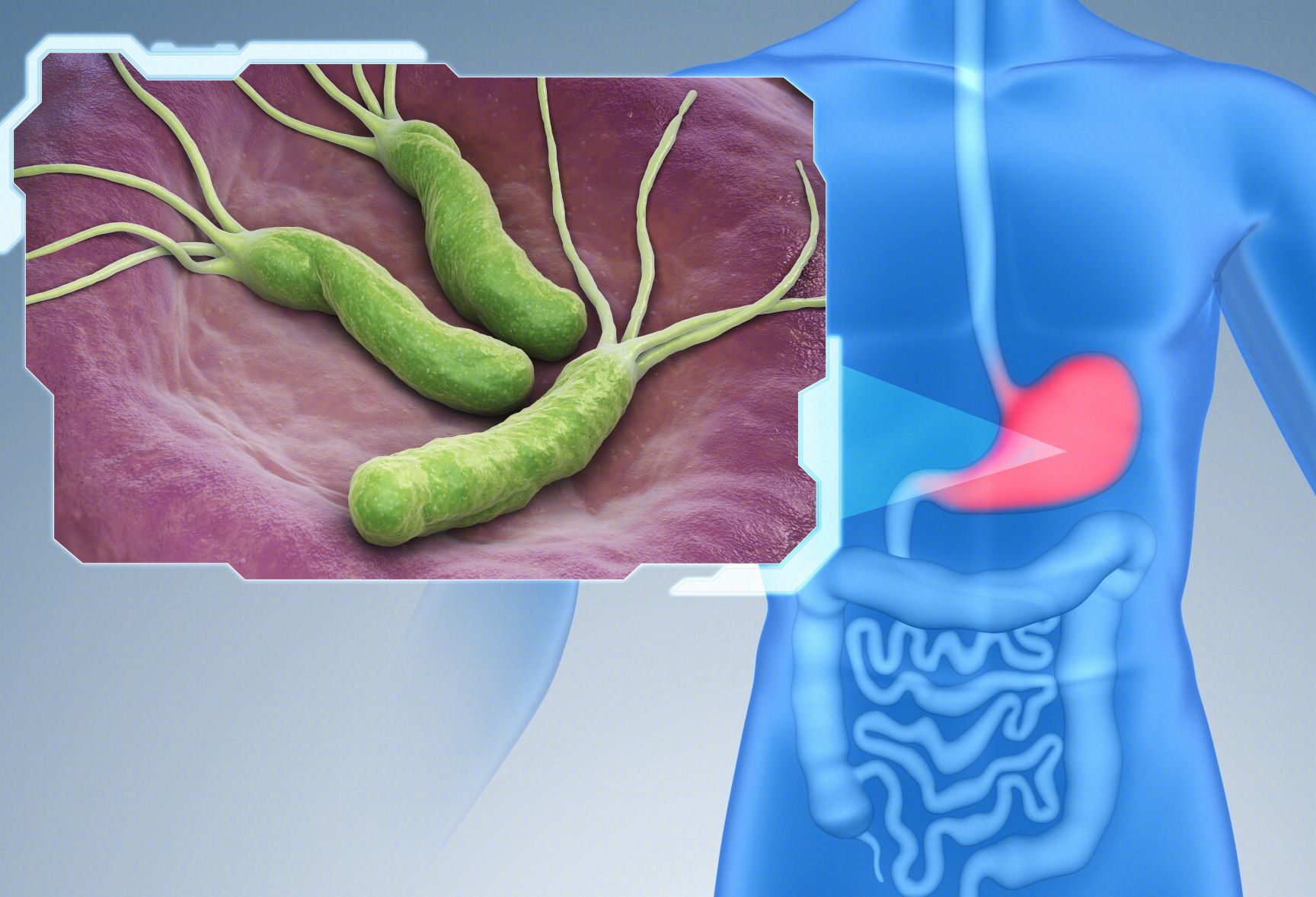类风湿性关节炎和类风湿性关节炎相关间质性肺病患者的肺癌风险
以下内容来源于PubMed。
The Risk of Lung Cancer in Rheumatoid Arthritis and Rheumatoid Arthritis-Associated Interstitial Lung Disease
Abstract
Objective: We aimed to evaluate lung cancer risk in patients with rheumatoid arthritis (RA) and RA-interstitial lung disease (ILD).
Methods: We performed a retrospective, matched cohort study of RA and RA-ILD within the Veterans Health Administration (VA) between 2000 and 2019. Patients with RA and RA-ILD were identified with validated administrative-based algorithms, then matched (up to 1:10) on age, gender, and VA enrollment year to individuals without RA. Lung cancers were identified from a VA oncology database and the National Death Index. Conditional Cox regression models assessed lung cancer risk adjusting for race, ethnicity, smoking status, Agent Orange exposure, and comorbidity burden among matched individuals. Several sensitivity analyses were performed.
Results: We matched 72,795 patients with RA with 633,937 patients without RA (mean age 63 years; 88% male). Over 4,481,323 patient-years, 17,099 incident lung cancers occurred. RA was independently associated with an increased lung cancer risk (adjusted hazard ratio [aHR] 1.58 [95% confidence interval (CI) 1.52-1.64]), which persisted in never smokers (aHR 1.65 [95% CI 1.22-2.24]) and in those with incident RA (aHR 1.54 [95% CI 1.44-1.65]). Compared to non-RA controls, prevalent RA-ILD (n = 757) was more strongly associated with lung cancer risk (aHR 3.25 [95% CI 2.13-4.95]) than RA without ILD (aHR 1.57 [95% CI 1.51-1.64]). Analyses of both prevalent and incident RA-ILD produced similar results (RA-ILD vs non-RA aHR 2.88 [95% CI 2.45-3.40]).
Conclusion: RA was associated with a >50% increased risk of lung cancer, and those with RA-ILD represented a particularly high-risk group with an approximate three-fold increased risk. Increased lung cancer surveillance in RA, and especially RA-ILD, may be a useful strategy for reducing the burden posed by the leading cause of cancer death.


经常口腔溃疡?常用药物得了解一下,药用对了才好的快


如果锌缺失,会给孩子造成什么危害?


想瘦身却戒不掉主食,放心,有更好的方法


骨髓瘤三期能活多久?


想减肥总是管不住嘴怎么办呢?


甲状腺功能减退症用药注意事项有哪些?


饭后躺下伤身,6件事饭后也尽量不要做


脚气患者的饮食要注意哪些?


斑秃可以治愈么?应该如何治疗?


幽门螺杆菌与消化性溃疡


肩关节骨裂,出院后如何恢复?

宝宝鸡胸,迪巧钙片还是龙牡壮骨颗粒?

20岁男生想长高,吃哪种钙片比较好?

左外踝撕脱性骨折,核磁看不出来?

双腿酸痛、脚部刺痛一年多,中医诊断为风寒湿痹阻,如何选药?

腰间盘突出引起的腿疼怎么办?

八个月宝宝缺钙怎么补?乳钙还是碳酸钙?

手掌底部骨关节按压痛,可能是劳损性腕关节痛?

老年人腿痛,怎么办?

宝宝胸腹部发育不正常,可能缺钙,怎么办?
小儿佝偻病、软骨病的治疗和预防
小儿佝偻病、软骨病、多汗、夜惊、食欲不振、消化不良、发育迟缓的治疗
氨糖软骨素的长期使用与关节保护
维生素D滴剂:预防和治疗维生素D缺乏性佝偻病及骨质疏松症
6个月婴儿中度缺钙的维生素D补充和预防佝偻病
全身肌肉痛和骨头痛的原因及治疗
龙牡壮骨颗粒:预防和治疗小儿佝偻病、软骨病
小钙片在骨质疏松症中的应用及用法
20岁女性骨质疏松症的治疗与预防
长期疼痛无红肿,扶他林软膏缓解但未根治




